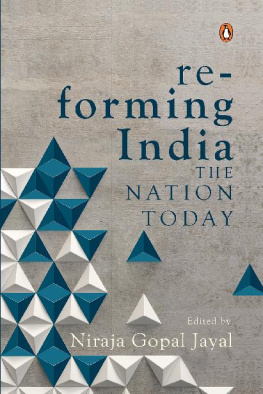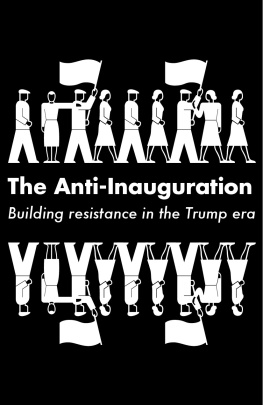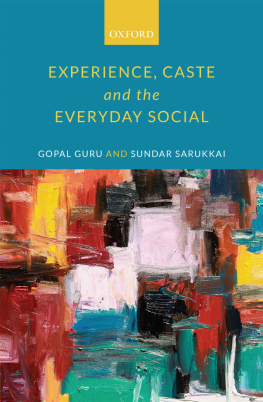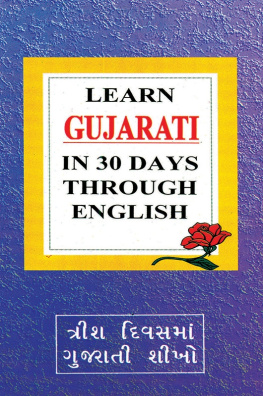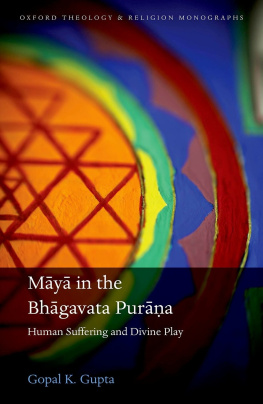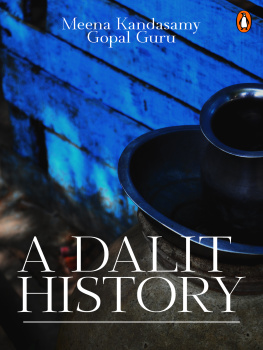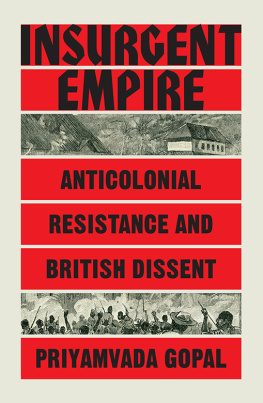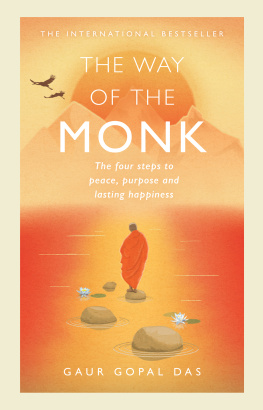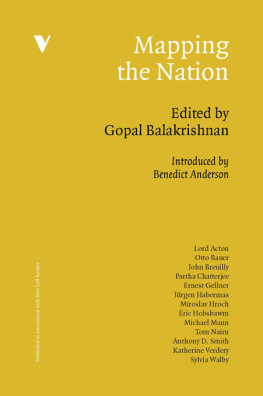NIRAJA GOPAL JAYAL
re-forming India
The Nation Today
Contents
About the Authors
A. K . B HATTACHARYA is a veteran business journalist and the editorial director of Business Standard .
A MITABH B EHAR is the chief executive officer of Oxfam India. He is one of the leading experts in people-centred advocacy, and chairs organizational boards of Navsarjan, Amnesty International India and Yuva. He is the vice board chair of CIVICUS and also sits on the board of other organizations like Centre for Budget and Governance Accountability (CBGA), Mobile Crche and Global Fund for Community Foundation (GFCF).
A NAND T ELTUMBDE is a leading public intellectual and civil rights activist. He is currently general secretary of the Committee for Protection of Democratic Rights and is associated with the All India Forum for Rights to Education as a member of its presidium. Among his significant books are The Republic of Caste (2018), Dalits: Past, Present and Future (2016), Mahad: The Making of the First Dalit Revolt (2016) and The Persistence of Caste (2010). He currently teaches in the business school of IIT Kharagpur.
A NIRUDH K RISHNA is the Edgar T. Thompson Professor of Public Policy and professor of political science at Duke University, USA. Before taking up academic life, he spent fifteen years in the Indian Administrative Service. His book The Broken Ladder: The Paradox and the Potential of Indias One Billion won the Ananda Kentish Coomaraswamy Book Prize for 2019.
A POORVANAND is professor in the Hindi department of the University of Delhi and, most recently, the editor of The Idea of a University .
A SHOK L AHIRI is a former chief economic adviser to the Government of India and currently serves as a member of the Fifteenth Finance Commission.
A SHUTOSH V ARSHNEY is Sol Goldman Professor of International Studies and the Social Sciences and Professor of Political Science at Brown University, where he also directs the Center for Contemporary South Asia. Previously, he taught at Harvard and the University of Michigan, Ann Arbor. His books include Battles Half Won: Indias Improbable Democracy, Ethnic Conflict and Civic Life: Hindus and Muslims in India, Democracy, Development and the Countryside: UrbanRural Struggles in India and India in the Era of Economic Reforms . His honours include the Guggenheim and Carnegie fellowships and the Gregory Luebbert Prize. He is a contributing editor for the Indian Express , and his guest columns have appeared in many other newspapers, including the Financial Times . He is editor of the Modern South Asia series, published by Oxford University Press, New York.
C HANDRIKA G ROVER R ALLEIGH is an experienced arts administrator and steered the British Councils arts and literature programme in north India for nearly two decades before she was appointed the founding director of Pro Helvetia, New Delhi, the Swiss Arts Councils first liaison office in Asia. In this role she established the foundations presence in over thirty cities across six countries in the South Asia region. A cultural strategist, she is currently adviser (development) for the Kochi-Muziris Biennale 2018, honorary adviser to the Vimor Handloom Foundation and artistic co-director of Prakriti Excellence in Contemporary Dance Awards 2020/2022. She is also a trustee at Adishakti, a theatre laboratory near Auroville in Tamil Nadu.
C. R AMMANOHAR R EDDY is currently editor of the India Forum , an online journal-magazine, slated to be launched in 2019. He was earlier editor of the Economic and Political Weekly (200416). He is the author of Demonetisation and Black Money (OBS, 2017) and co-editor of Prisoners of the Nuclear Dream (Orient Longman, 2003).
D IANE C OFFEY is a demographer who studies social influences on health in India. She is an assistant professor of sociology and population research at the University of Texas in Austin, and is the co-founder and co-executive director of r.i.c.e., a research institute for compassionate economics. Her 2017 book, with Dean Spears, is titled Where India Goes: Abandoned Toilets, Stunted Development and the Costs of Caste .
G AUTAM B HATIA (essay 26) is a lawyer and is presently reading for the DPhil in law at the University of Oxford. He is the author of Offend, Shock, or Disturb: Freedom of Speech under the Constitution of India and The Transformative Constitution: A Radical Biography in Nine Acts . His work has been cited by the Supreme Court of India and the Kerala High Court.
G AUTAM B HATIA (essay 31) graduated in fine arts and has a masters in architecture. A Delhi-based sculptor and architect, he has received several awards for his drawings and buildings and has also written extensively on architecture. Besides a biography on Laurie Baker, he is the author of Punjabi Baroque, Silent Spaces and Malaria Dreams a trilogy that focuses on the cultural and social aspects of architecture. His most recent show of sculpture was held at the Habitat Visual Arts Gallery in November 2018. He is currently working on Future Building, an exhibition of ideas for the future city.
H ARISH D AMODARAN is national editor (Rural Affairs and Agriculture) at the Indian Express . He is also the author of Indias New Capitalists: Caste, Business and Industry in a Modern Nation (Permanent Black/Palgrave Macmillan, 2008; and Hachette, 2018) and is currently working on a business biography of the founder of Indias third-largest industrial house at the time of Independence.
I NDIRA R AJARAMAN holds a PhD in economics from Cornell University. She was professor of Economics at IIM Bangalore and, subsequently, the RBI chair professor at the National Institute of Public Finance and Policy, New Delhi. She was member of the Thirteenth Finance Commission and an independent director for a four-year term on the Central Board of the Reserve Bank of India.
M ADHAV K HOSLA is junior fellow at the Harvard Society of Fellows. He has several books to his credit, including the Oxford Handbook of the Indian Constitution . His current project on Indias constitutional founding is forthcoming from Harvard University Press.
N AVROZ K. D UBASH is a professor at the Centre for Policy Research. He works on the political economy of energy, water and climate change, and serves on the Intergovernmental Panel on Climate Change, Government of India advisory committees on climate change, energy and water policy and the editorial boards of several international journals. In 2015 he was conferred the 12th T.N. Khoshoo Memorial Award for his work on climate-change policy. His most recent edited book examines the political economy of electricity in Indias states and climate politics, policy and governance in India.
N EERA C HANDHOKE held a professorship in the Department of Political Science, University of Delhi, and has been a visiting fellow at the Centre for the Study of Law and Governance, Jawaharlal Nehru University, the Centre for Civil Society and the London School of Economics and Political Science, among others. She is most recently the author of Rethinking Pluralism, Secularism and Tolerance and is a regular contributor to academic journals and newspapers.
P ARANJOY G UHA T HAKURTA S work experience, spanning four decades, cuts across different media: print, radio, television and documentary cinema. He is a writer, speaker, anchor, interviewer, teacher and commentator in three languages: English, Bengali and Hindi. His main areas of interest are the working of the political economy and the media in India and the world, on which he has authored/co-authored books and directed/produced documentary films. He teaches and speaks on these subjects. He was editor of the Economic and Political Weekly between April 2016 and July 2017. He is currently a consultant with Newsclick.



